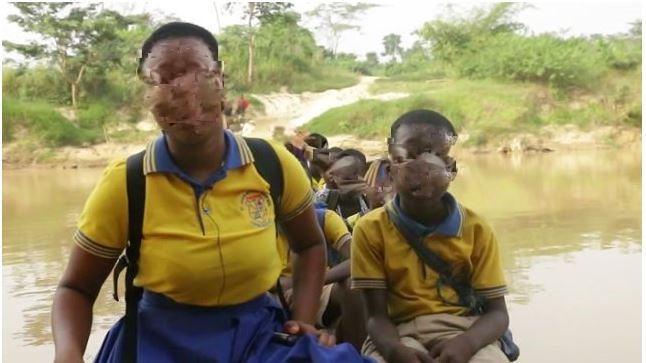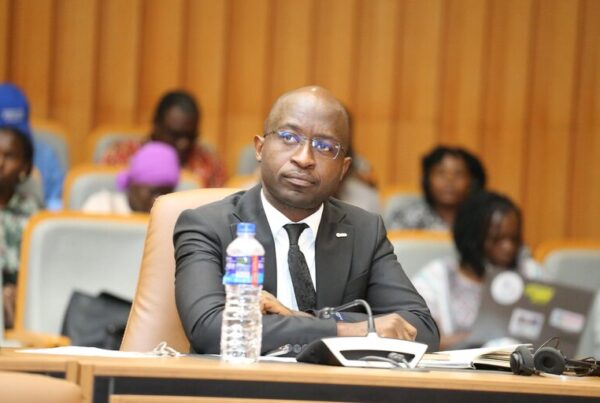Banjul, 31 March 2022: IHRDA and Ghanaian journalist and human rights defender Joojo Cobbinah, on 30 March 2022, filed a case against the Republic of Ghana before the African Committee of Experts on the Rights and Welfare of the Child (ACERWC), alleging failure of Ghana to protect the right to education and to freedom from gender-based discrimination of girls residing in Ashanti villages along River Offin.
In this public interest case, the Applicants submit that many girls in Ashanti Region communities cross the River Offin by canoe to attend school in other districts in the Central Region, as there are no schools in their own communities. However, communities along the River Offin have a custom, supposedly from the river god, that forbids women and girls of adolescent age and above to cross the river on Tuesdays and during their menstrual periods. It is believed that, if a woman or girl attempts to violate this custom, she will be carried away by the river or die; otherwise, they have to offer certain sacrifices to appease the river god. This means that a lot of adolescent girls cannot attend school on several days every month, considering the number of Tuesdays and the days of menstruation in each month; meanwhile, boys can conveniently go to school every school day. Besides the fact that this restriction causes girls to lag behind in studies, and has forced some to drop out of school, the restriction accentuates the risk of poverty, early marriages and child exploitation among girls, not leaving out the risk of drowning while crossing the river to attend school. In addition to being a sexual and reproductive health right problem, the Applicants argue that the restriction poses a gender-based discrimination and a violation of girls’ right to education.
Speaking after filing of the case, IHRDA Executive Director Gaye Sowe said, “We have personally spoken with a good number of girls, parents and school authorities in the concerned communities, and have been able to assess the seriousness of this problem…This case is not just about advocating for girls’ right to education, but also about ensuring equal opportunities for both girls and boys, and a better future for all children”.
The Applicants posit that the Government of Ghana is aware of the problem, with several government, civil society and media reports on the problem available on the public domain, but has failed to fulfil repeated promises to build schools in the concerned Ashanti communities as a step towards solving the problem. Thus, the Applicants submit that Government of Ghana is in violation of the girls’ right to education and to freedom from gender-based discrimination, which are protected by the Constitution of Ghana and the African Charter on the Rights and Welfare of the Child, among several other international human rights legal instruments to which Ghana is a State Party.
In this light, the Applicants request the ACERWC to recommend that the Government of Ghana should take special measures to ensure that the affected girls have access to education, and to adopt information, education and communication strategies aimed at eliminating harmful cultural and traditional practices that affect the girl-child.
UPDATES:
19 March 2024: ACERWC notifies parties of hearing scheduled for 24 April 2024.






